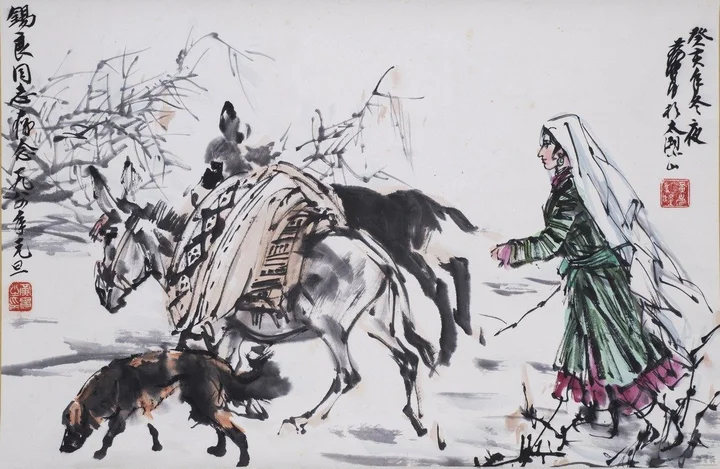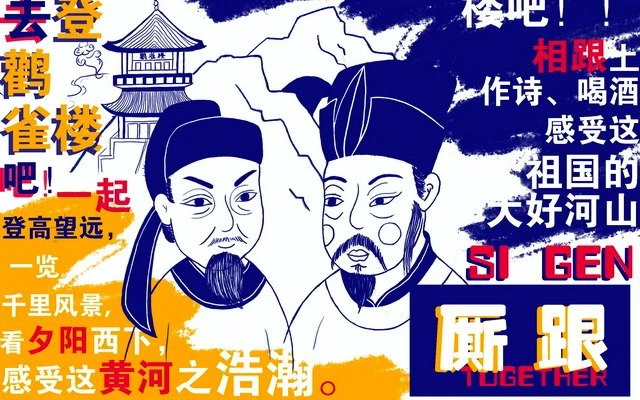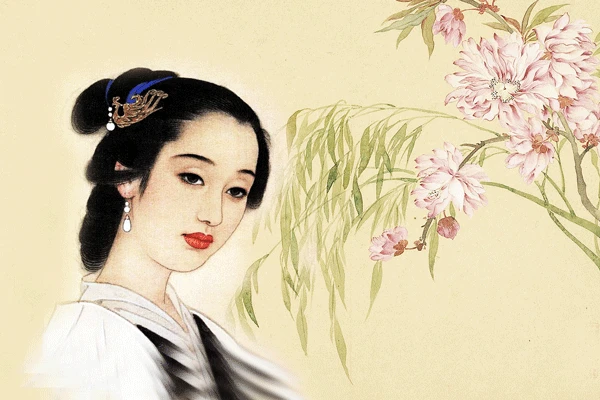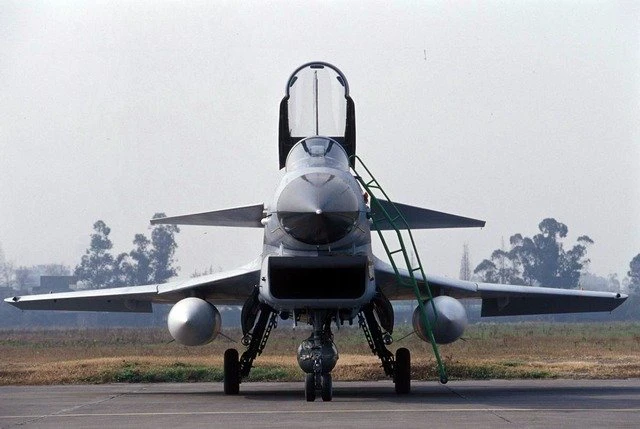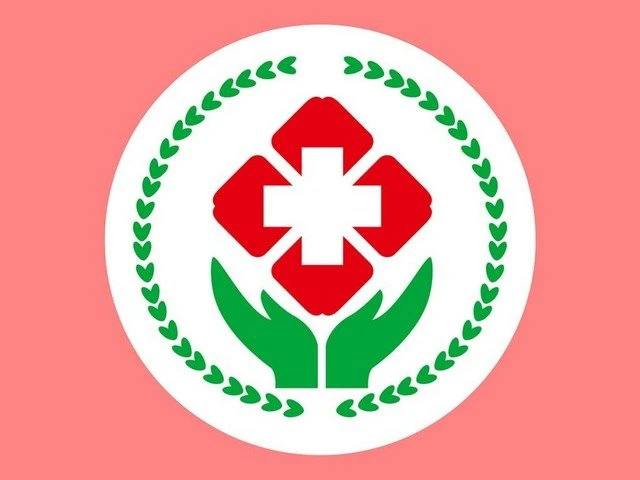Ten modern Chinese painters
In modern China, there are many magnificent works of art that make people feel a lot of emotion. These works of art come from many great artists who have made great contributions to the history of Chinese art.

1: Qi Baishi (1864─1957)
His ancestral home is Xiangtan, Hunan. A master of modern Chinese painting and a world cultural celebrity. He worked as a carpenter in his early years, then made a living by selling paintings, and settled in Beijing at the age of fifty-seven. He is good at painting flowers and birds, insects and fish, landscapes, figures, and changes in old age. The fish, shrimp, insects and crabs made are full of fun. His calligraphy is in seal script, and it is based on the Qin and Han stele editions. The script is very ancient and clumsy, and the seal carving is a family of its own.
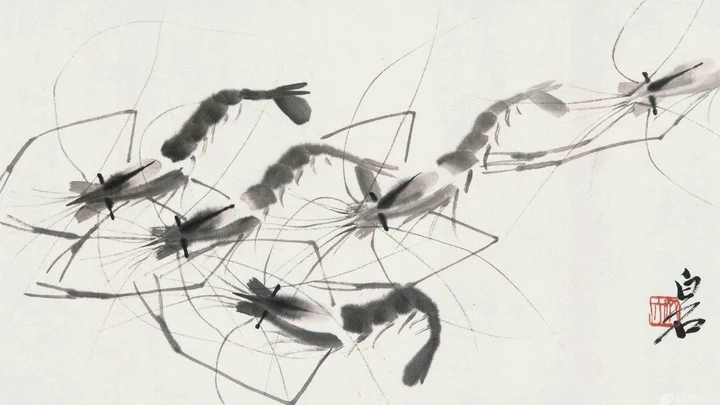
2: Xu Beihong (1895-1953)
Xu Beihong is a modern painter and art educator. Han nationality, from Yixing, Jiangsu. He studied in France to study Western painting, and has been engaged in art education for a long time after returning to China. He is good at figures, animals, flowers and birds, advocates realism, especially respects Ren Bonian in the tradition, emphasizes the integration of Chinese painting reforms into Western painting techniques, advocates lighting and modeling in his paintings, emphasizes the accurate grasp of the anatomical structure and bones of the objects, and emphasizes the ideological connotation of his works. It had a great influence on the Chinese painting circle at that time. The color and ink of the traditional Chinese paintings are mixed, and he is famous in the world especially for the galloping horses.
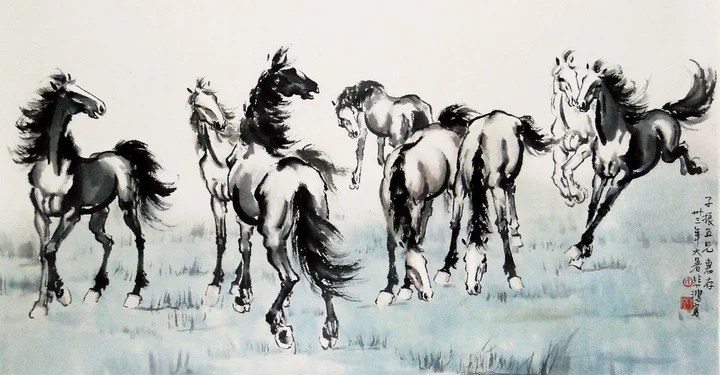
3: Zhang Daqianshan (1899—1983)
Zhang Daqian is from Neijiang City, Sichuan Province. Chinese painter. The most legendary figure in Chinese painting circles in the 20th century. Painting, calligraphy, seal cutting and poetry are omnipotent. In the early days, he studied ancient calligraphy and painting, and later lived overseas, and made great achievements in landscape painting. The combination of painting style, craftsmanship and writing, and the fusion of late heavy color and ink painting, created a new style of splashing ink and color. He has held a large number of exhibitions in Asia, Europe and the United States, and is well-known internationally. He is known as "the most prestigious Chinese painting master today". Xu Beihong said: "Zhang Daqian, the first person in five hundred years."
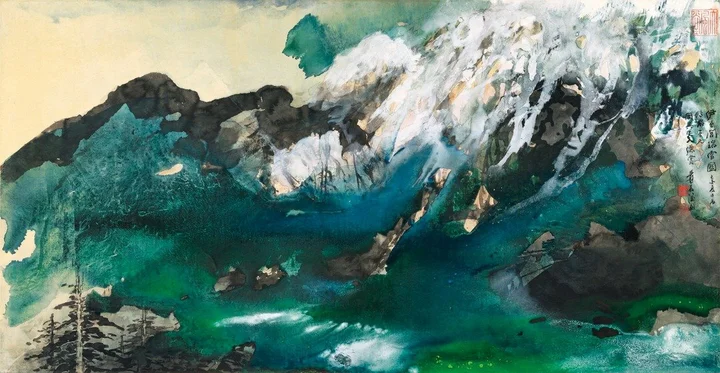
4: Liu Haisu
Liu Haisu, Han nationality, is from Changzhou, Jiangsu, and his ancestral home is Fengyang, Anhui. An outstanding modern painter and art educator, in 1912, he founded the Shanghai Art Academy with Wu Shiguang, Zhang Yuguang, etc., which was later changed to the Shanghai Academy of Fine Arts and served as the principal. In his early years, he studied oil painting and calligraphy from Kang Youwei. It is also used as a Chinese painting, and the lines have the power of steel and iron. Later, he devoted himself to the method of splashing ink, the brush flying and the ink dance, and the spirit was extraordinary. In his later years, he used the splash color method, which was brilliant in color and vigorous in style.
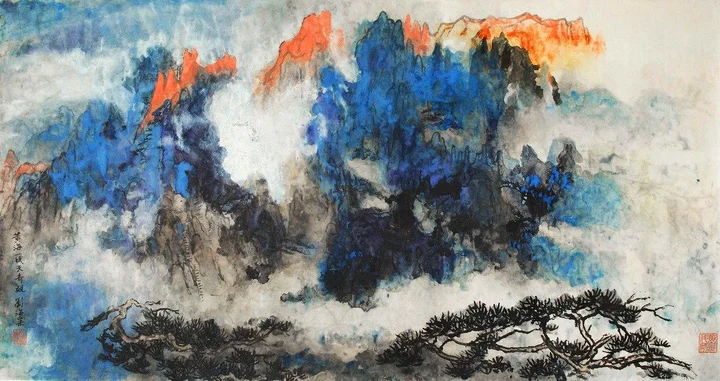
5: Pan Tianshou (1897—1971)
Pan Tianshou, a modern painter and educator. Zhejiang Ninghai people. He is good at painting flowers and birds, landscapes, and is good at finger painting, as well as calligraphy, poetry and seal carving. In 1915, he was admitted to Zhejiang Provincial No. 1 Normal School and was taught by Jing Hengyi and Li Shutong. His freehand flowers and birds first learned from Wu Changshuo, and later learned from Shi Tao and Bada. The layout of his painting methods is very dangerous, his brushwork is neat and succinct, and his realm is magnificent and magnificent.
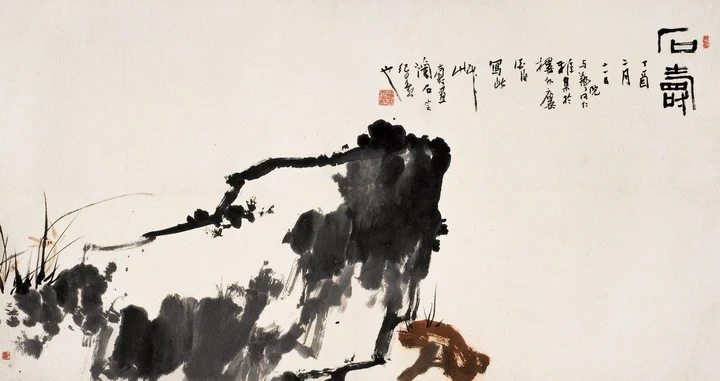
6: Fu Baoshi (1904-1965)
Fu Baoshi (1904-1965), a modern painter. Jiangxi Xinyu people. He studied in Japan in his early years and taught at Chuo University after returning to China. He is good at painting landscapes, and he created it as "Bouldering Cracks" in his middle age. In his later years, he made large-scale works, vigorous and vigorous, with a strong sense of the times. The figure paintings are mostly ladies, high scholars, and the images are ancient.
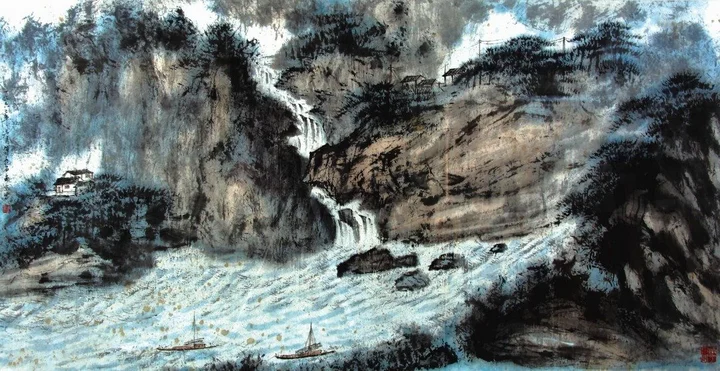
7: Huang Binhong (1865-1955)
Huang Binhong, modern painter and scholar. Originally from She County, Anhui Province, born in Jinhua, Zhejiang. He is good at painting landscapes and is a master of landscape painting for a generation. Intensive study of tradition and attention to sketching go hand in hand. Influenced by the "Xin'an School of Painting" in the early years, it is characterized by dry brush and light ink, sparse and light, and is called "White Binhong"; After the age of 80, it is characterized by thick and thick black and bright black, and is called "Black Binhong". His painting style is dark and colorful, and his artistic conception is profound. Occasionally, flowers, birds, plants and insects are also strange.
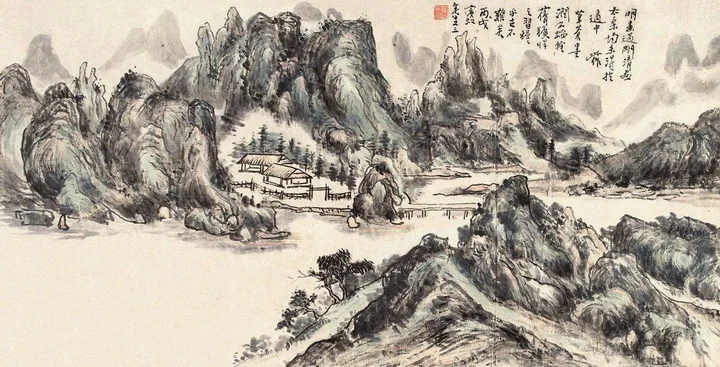
8: Li Keran (1907-1989)
Li Keran, a modern painter. People from Xuzhou, Jiangsu. He studied painting since childhood, and studied in Shanghai Art College and National West Lake Art Academy in his early years. In 1946, he taught at the Peiping Art School. In 1956, in order to reform landscape painting, he traveled tens of thousands of miles to sketch. In the early years of his landscape painting, he took the eight major methods, and his brushwork was simple and straightforward. Later, he learned painting from Qi Baishi, and his brushwork tended to be concise. He also learned the method of accumulating ink from Huang Binhong, and in his sketching, he realized how to deal with the shadows of Lin Fengmian's landscape paintings, which are bright and dark. The style of painting tends to be strict, the brush and ink tend to be heavy and thick, and the brush used in his later years tends to be old and spicy. He is also good at drawing cows, and his brush and ink are quite interesting.
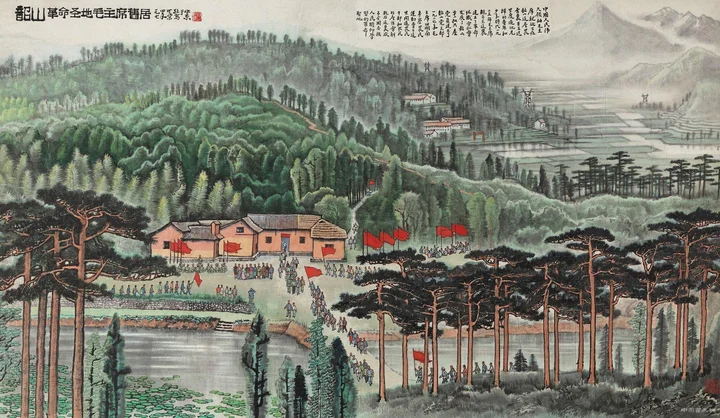
9: Li Kuchan (1899-1983)
Li Kuchan is a modern painter and art educator. Shandong Gaotang people. In 1923, he became a teacher of Qi Baishi. He is good at painting flowers and birds, with broad brushstrokes and freehand brushwork. The birds and birds they make are rich in ink and handsome, with both bones and strength. In his later years, he often made a huge screen, with vigorous pen power and great momentum. He can be called the master of contemporary Chinese painting.
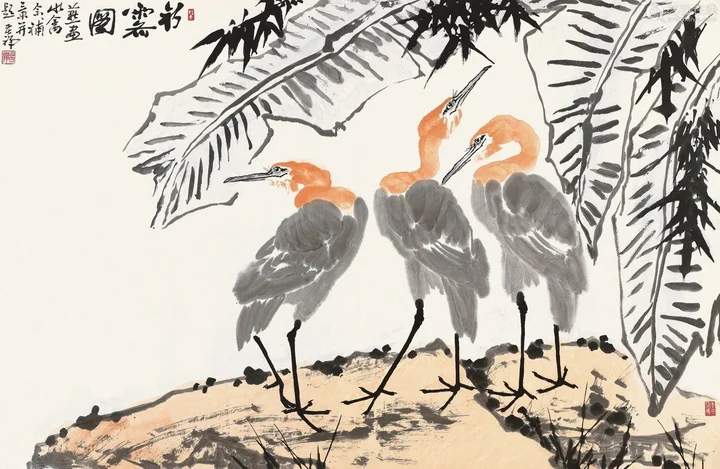
10: Huang Zhou (1925.3-1997.4.23)
Huang Zhou, a master of Chinese painting, social activist and collector. Founder of Yanhuang Art Museum, the first large-scale private art museum in China; Founder of Chinese Painting Research Institute and China National Arts and Crafts Museum; founder of Huang Zhou Art Foundation. Take the lead in donating your own calligraphy and painting works, ancient cultural relics, and calligraphy and painting collections. Huang Zhou creatively integrates sketching into Chinese painting, opening up a new paradigm of figure brush and ink, and expanding the artistic language of Chinese painting.
